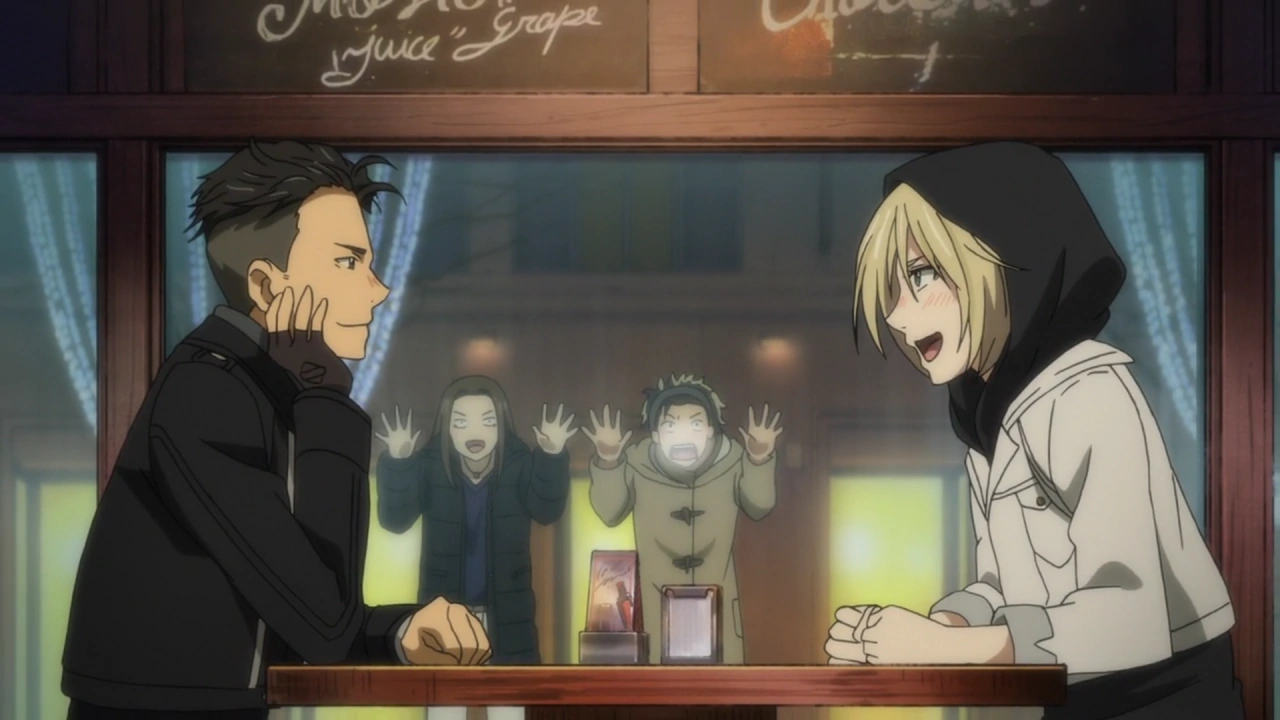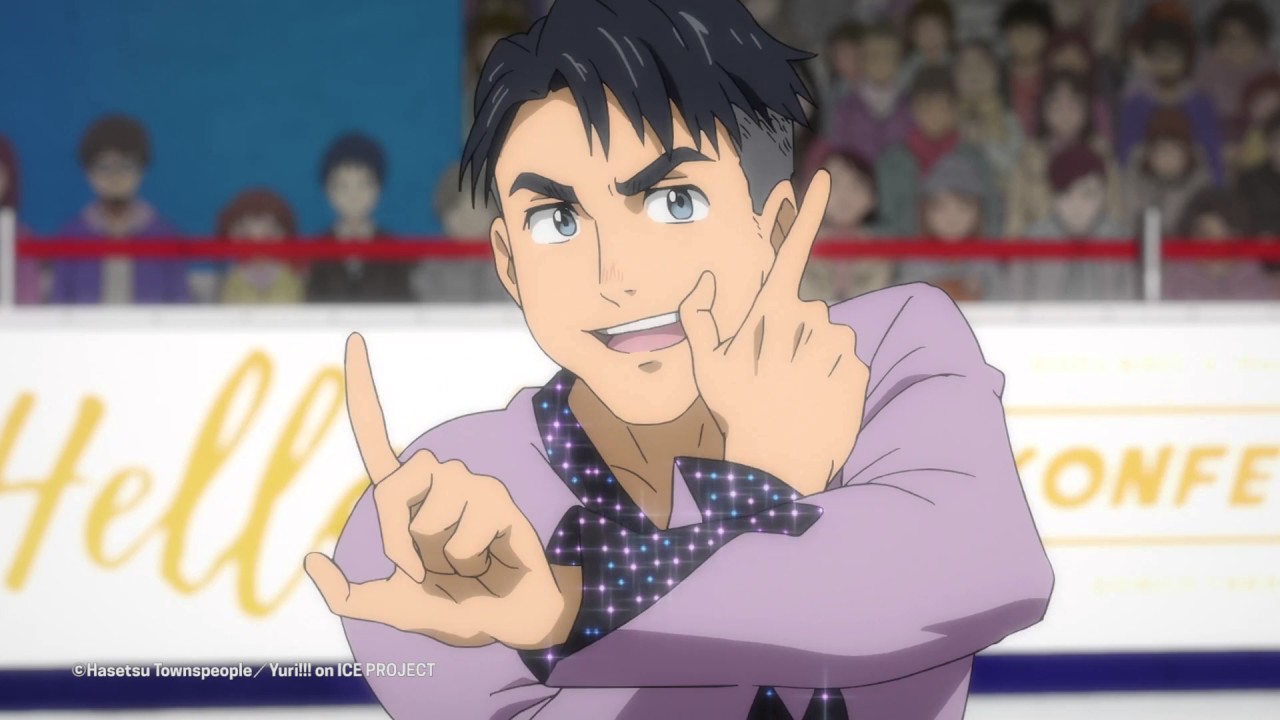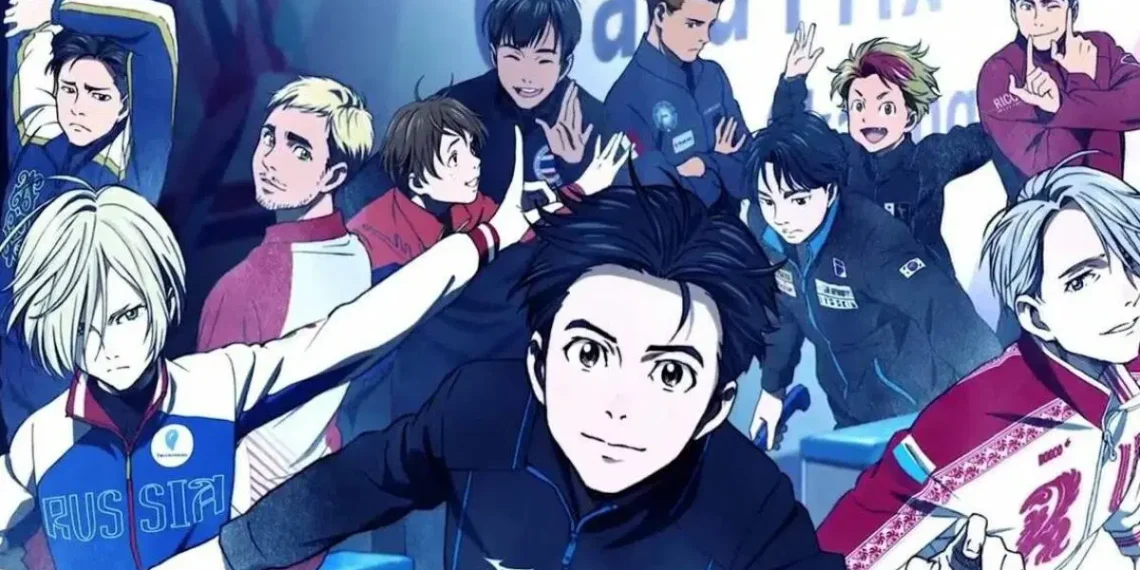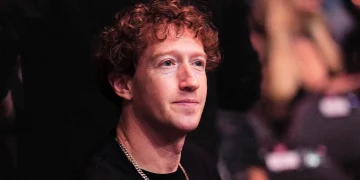Russia has recently implemented a sweeping ban on over 40 anime series that feature LGBTQ+ themes, including yaoi (male-male relationships), yuri (female-female relationships), and gender-fluid characters. The new law, which prohibits the broadcast or streaming of any LGBTQ+ content, has raised concerns among anime fans and activists worldwide. The government’s decision is part of a broader push to regulate and censor content that they view as contrary to traditional Russian values.
The ban has particularly impacted anime series with diverse representations of gender and sexual identity, which have become increasingly popular worldwide. These genres often explore themes of love, acceptance, and identity, but the Russian government argues that such portrayals corrupt public morality. While this move is largely viewed as a clampdown on freedom of expression, it also reflects the larger geopolitical and cultural tensions between Russia and the global entertainment industry.
Impact on Streaming Platforms and Content Creators

Streaming platforms like Crunchyroll and Funimation, which provide a broad range of anime content, have found themselves caught in the middle of this cultural dispute. Under the new law, these platforms are required to remove any LGBTQ+ content from their libraries that can be accessed by Russian audiences. This has raised questions about how streaming giants will handle regional censorship while balancing the demands of their diverse global user bases.
For content creators, the new law poses an even more significant challenge. Many anime studios and creators have expressed frustration over the increasing pressure to self-censor their work or face losing access to lucrative markets like Russia. This development could have far-reaching consequences for the anime industry, as it marks a critical point where the clash between creative freedom and government censorship becomes increasingly apparent.
Global Backlash and Protests

The ban has prompted strong reactions from international fans, LGBTQ+ rights groups, and human rights organizations. Protests have erupted across social media, with many accusing the Russian government of stifling freedom of expression and marginalizing LGBTQ+ communities. These critics argue that Russia’s actions are not only harmful to its own citizens but also contribute to the global wave of censorship and repression of minority groups.
This move follows a broader trend of increasing censorship in Russia, where authorities have frequently targeted content that they deem inappropriate or dangerous to traditional Russian values. However, many see this as a move to tighten control over cultural narratives, particularly as anime and other forms of media that challenge conventional norms become more popular among younger generations.




